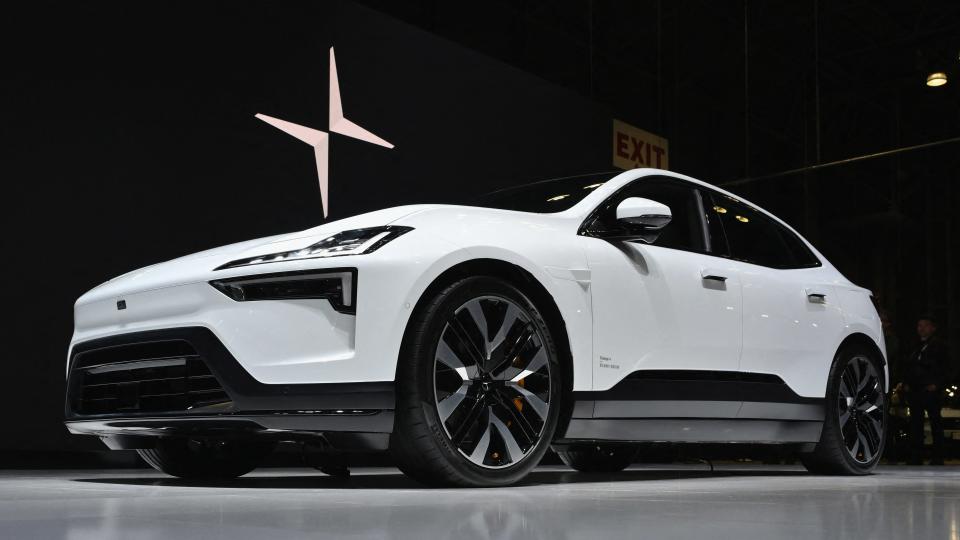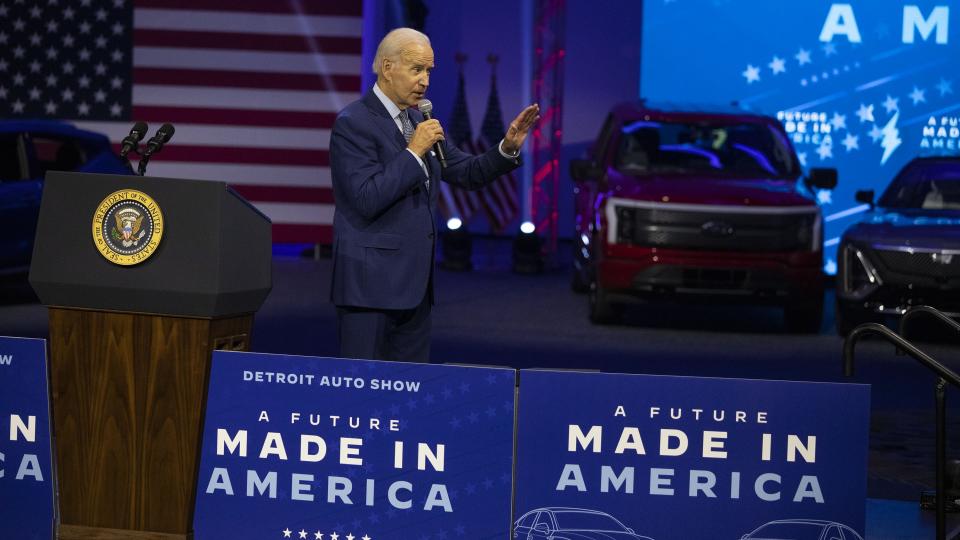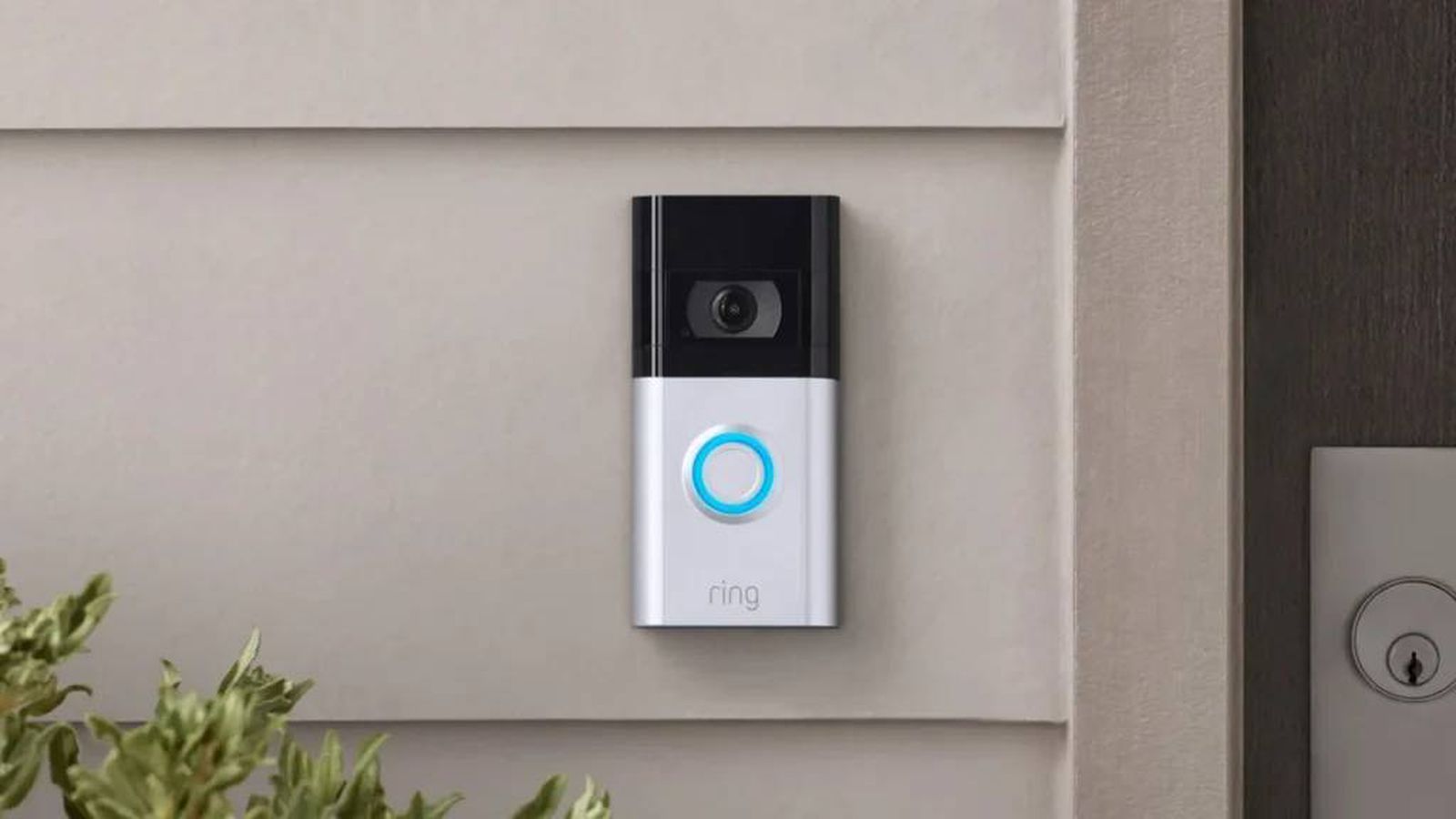The U.S. is proposing a ban on Chinese software in connected cars and autonomous vehicles, citing national security concerns and the need to isolate sensitive data from prying eyes. If passed, the software ban would apply to 2027 model year vehicles and would be overseen by the U.S. Commerce Department as one of the Biden administration’s final official acts to protect against potential Chinese attacks, the New York Times.
Now that we are in the midst of the era of the Internet of Things, the Internet of Things,cars is emerging as a vital border and the US does not want “countries of concern” to have access to their citizens’ data or a backdoor into their infrastructure. These countries include Russia and China, but, as the NOW explains: “The Russians produce virtually nothing that could be banned.” Meanwhile, the Chinese – from Foxconn to Geely and beyond – produce both hardware and software that is widely used in American homes.


The proposed ban is intended to prevent Chinese intelligence agencies from spying on American citizens through their cars and from gaining access to power grids or other vital infrastructure points via networked cars. That would apply to virtually any new vehicle, given how interconnected cars will be in 2024.
National security advisers say modern devices are powered by technologies that collect “volumes of driver information” and regularly communicate with other (U.S.) devices. Advisers say they worry about “Volt Typhoon,” which is not a new electrified Chevy but a Chinese attempt to gain access to U.S. power systems, water lines and other critical infrastructure. U.S. intelligence officials and the FBI fear that Chinese code could be deployed during a crisis, such as “a Chinese attempt to take over Taiwan,” to cripple U.S. military bases, according to the NOW.
Unlike the hefty tariffs the U.S. has imposed on Chinese-made vehicles, the current administration says the software ban is not about trade disputes or economic gain; this ban is strictly “a national security action,” which could be the first as the U.S. lays the groundwork for a broader set of bans that would later include Chinese-made drones and all other vehicles on public roads. The goal is to ban any Chinese software built into any device that could be used to tap into U.S. infrastructure or eavesdrop on U.S. citizens’ data.
There are few Chinese-made vehicles on U.S. roads to begin with, but the U.S. calls this a proactive measure. But at the rate at which China’s automakers are moving toward software-defined vehicles and self-driving cars, it won’t be long before someone tries to develop electric vehicles and self-driving cars meant for U.S. roads using Chinese code. Biden’s proposed ban would ban Chinese software by 2027 and all hardware related to a vehicle’s connectivity systems by 2030.


Got any tips? Send them to [email protected]









